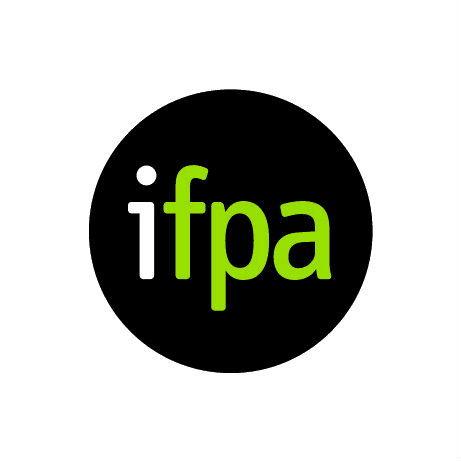

| 31 March 2016
Irish Family Planning Association
The Irish Family Planning Association (IFPA) was founded in 1969 in response to the appalling health and social circumstances in which many families in Ireland lived. Unmet need for contraception and high fertility resulted in high maternal mortality and morbidity, and poor child survival. Since then the organization has been a pioneering force in sexual and reproductive health and rights (SRHR) in Ireland. Over the years the IFPA has been an educator, a researcher, an opinion former and a service provider. It established the first family planning clinics and pregnancy counselling centres in Ireland. It publishes a comprehensive range of information booklets on contraception. It helped to establish sex education programmes in schools, and it has fought for comprehensive medical and social services for women with crisis pregnancies. The organization provides specialist training in family planning for doctors, nurses, community groups and parents. The IPFA has 2 clinics in Dublin and has 12 pregnancy counselling centres nationwide. The IFPA has clear strategies in relation to abortion and access rights, the sexual and reproductive health and rights (SRHR) of adolescents and young people, and the reduction of sexually transmitted infections (STIs) including HIV. Contacts Website: www.ifpa.ie Facebook: http://www.facebook.com/irishfamilyplanningassociation Twitter https://twitter.com/IrishFPA

| 31 March 2016
Rahnuma-Family Planning Association of Pakistan
Rahnuma (formerly the Family Planning Association of Pakistan or FPAP) started serving poor and marginalized people in Pakistan as the Family Planning Association of Pakistan (FPAP) in 1953. After over 50 years of momentous achievements, the FPAP felt that its name did not fully reflect the scope of its work. It renamed itself ‘Rahnuma’, an Urdu word meaning 'one who shows the path and provides direction'. Rahnuma was one of the pioneers in providing family planning services and advocating for spacing of childbirth and for smaller families. The government later embraced the cause by establishing the Ministry of Population Welfare. In the space of a decade, Rahnuma grew from a single clinic, based in 1 room in Karachi, to a large-scale operation with an infrastructure of district branches offering model clinics and information and educational facilities. Today, the network operates nearly 5,000 service points, comprising 118 permanent clinics, 11 mobile units, 191 associated clinics and over 2,000 community-based distributors/services (CBDs/CBSs). It also handles referrals to over 2,143 private physicians. Rahnuma has developed innovative programmes to increase access to high-quality, affordable health services. It has advocated for a rights-based approach to sexual and reproductive health (SRH), for the empowerment of particular groups within communities (especially women and young girls), and for the strengthening of civil society in Pakistan. As the sexual and reproductive health and rights (SRHR) agenda has shifted over the years, Rahnuma has increasingly embraced SRHR in the context of national development and poverty alleviation, owing to the direct connection between socio-economic conditions and health and well-being. Contacts Website: http://www.fpapak.org Facebook: https://www.facebook.com/rahnuma.fpap.9 Twitter: https://twitter.com/Rahnuma_FPAP







